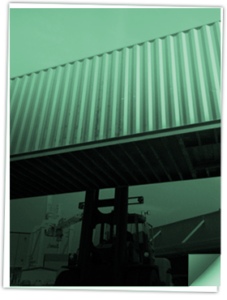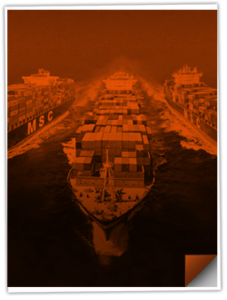What is Rolled Cargo?
Rolled cargo refers to freight that was scheduled to depart on a specific vessel but did not sail as planned—often because of space limitations, documentation issues, or carrier decisions. When cargo is “rolled,” it is bumped to the next available sailing, which can cause delays, increased costs, and supply chain disruptions.
This term is most commonly used in ocean freight, particularly on high-traffic trade lanes where container space is tight.
Common Reasons for Rolled Cargo
- Overbooked vessel (space limitations)
- Late or incomplete documentation
- Customs or port clearance delays
- Carrier operational decisions or blank sailings
- Incorrect container weight or mislabeling
- Failure to meet cutoff times for loading
Why It Matters
Rolled cargo can lead to:
- Shipment delays and missed deadlines
- Storage fees if cargo sits at the port
- Lost sales or penalties in time-sensitive industries
- Increased freight costs if rebooking is required at a higher rate
Example in Practice
A container of apparel scheduled to ship from Shanghai to Los Angeles is not loaded onto the vessel due to overbooking. The cargo is rolled to the next sailing, delaying delivery by one week and causing the importer to miss a retail launch window.
Need help with your rolled cargo? Contact us today!



